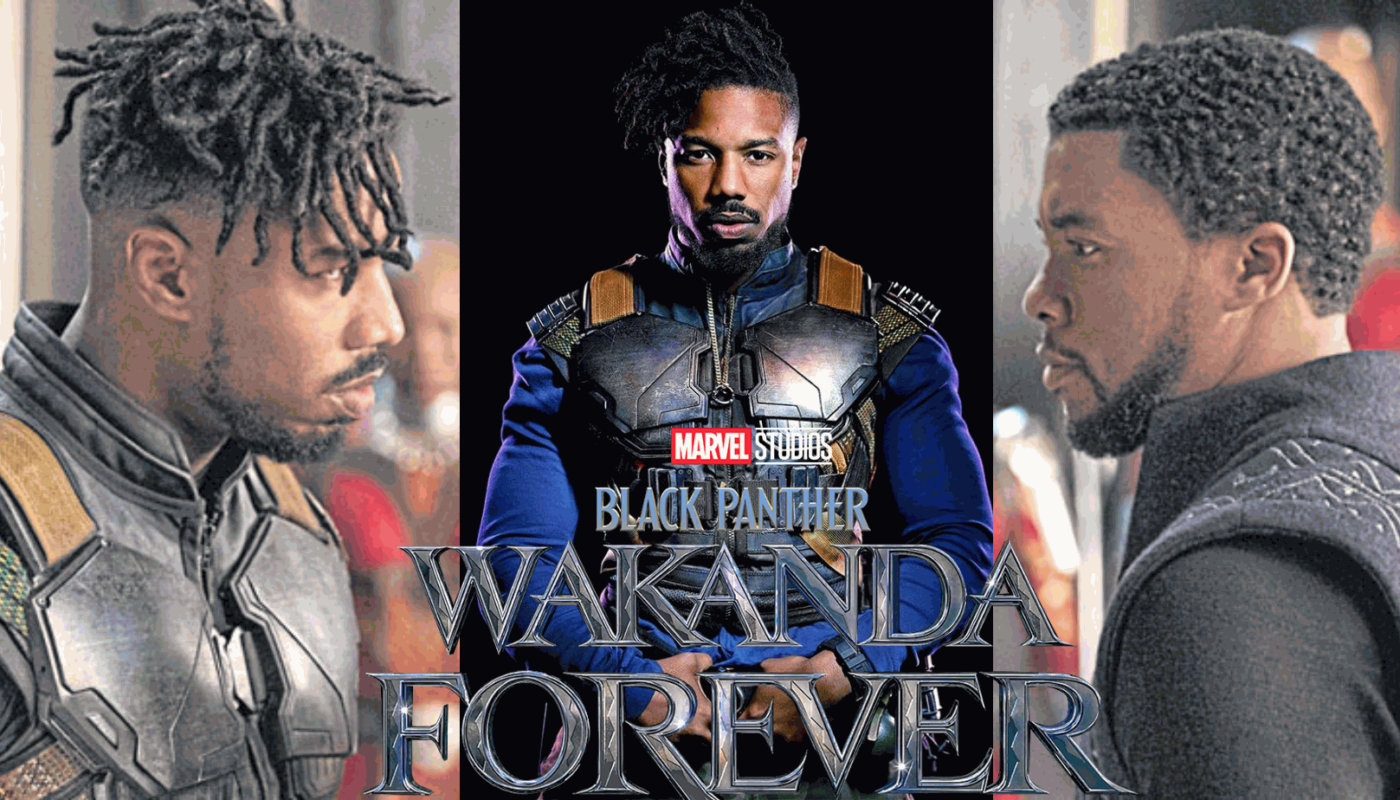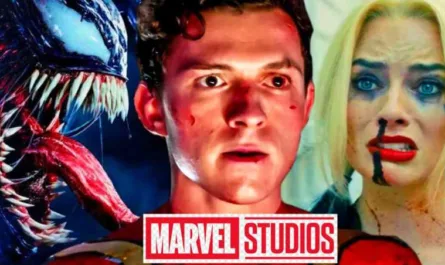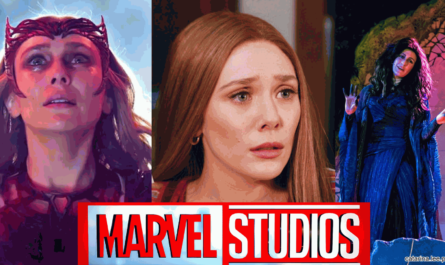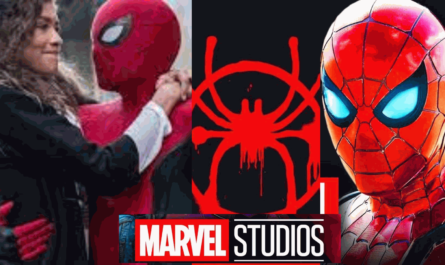Michael B. Jordan, who plays Killmonger in the Marvel Cinematic Universe, talked about the difficult experience of playing the villain.
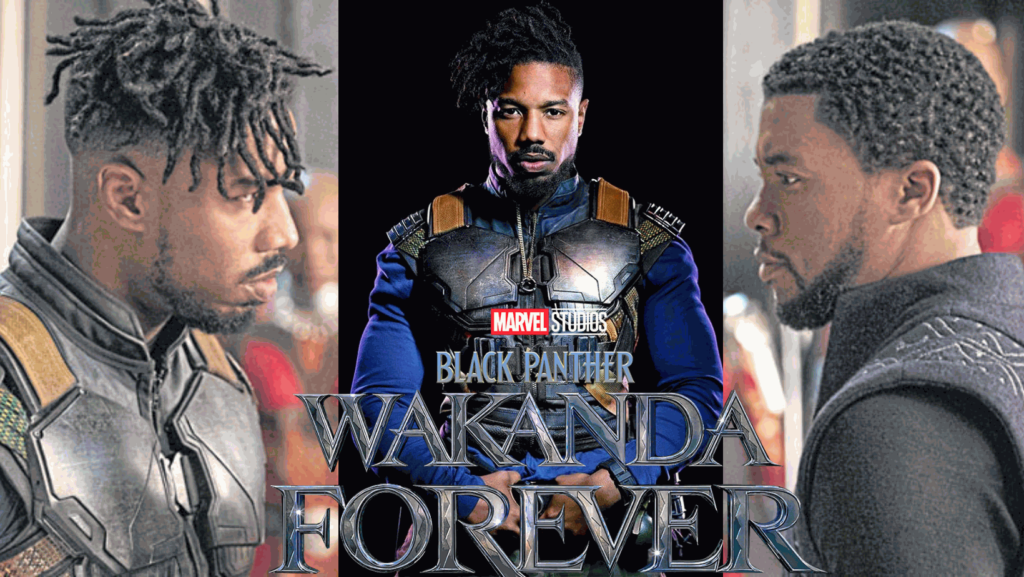
With leading roles in Creed and Black Panther, Jordan has emerged as one of Hollywood’s top names in the last 10 years or so. This even prompted the actor to make his debut as a director in the upcoming Creed III.
The Killmonger actor returned to play his MCU role in Black Panther: Wakanda Forever despite being killed off at the conclusion of Ryan Coogler’s first Wakandan adventure, despite “[not even] knowing[if] [a return was] a possibility.”
In addition, Jordan believes that Killmonger is misunderstood despite the fact that his Marvel persona is portrayed as a villain on screen. In the first Black Panther, he had a strong connection to the character and even “didn’t think [the villain’s] reasoning was wholly wrong.”
The Serious Cost of Being a Killjoy
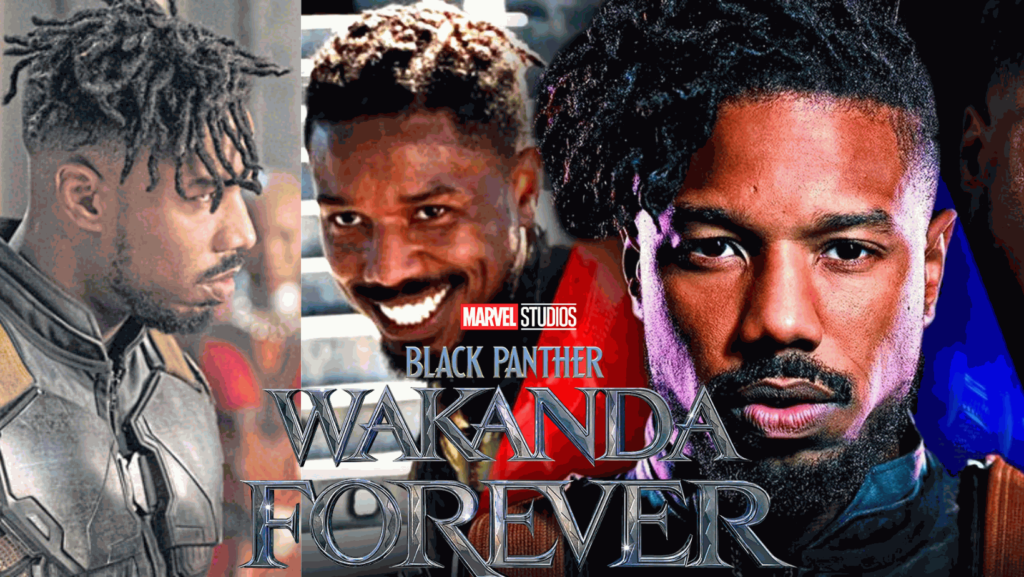
Michael B. Jordan, who plays Killmonger in the Marvel Cinematic Universe, spoke out in a feature interview with Rolling Stone about the emotional toll that portraying the character had on him.
Killmonger, according to Jordan, “enabled me to access the agony” and “unapologetic frustration” he had with the world.
He said that he immersed himself “for a lot longer than [he] ever had before” in these frustrations:
“Killmonger allowed me to access the pain. And the unapologetic frustration that I had. But then, obviously, there’s a sadness that comes along with that. I dove into that for a lot longer than I ever had before. So coming out of that [role] it was hard to want love. Because during shooting I kept myself from family and children, and away from everything that Killmonger never had.”
Jordan complained that he “never thought a n**** from North Jersey’d be able to [do]” all of this bringing up of both personal and cultural trauma on the largest platform.
Jordan compared his character Adonis Creed, the son of Apollo Creed and a rising black boxing champion, to Killmonger from Black Panther, saying that “Adonis is the most recent rendition of.” In Black Panther, his character is “Black in the world,” struggling with the “repercussions of what Killmonger was fighting for”:
“So this is what Adonis is the most current iteration of. He is Black in the world. He has to work through the aftereffects of what Killmonger was fighting for, and how Oscar wasn’t seen or respected. Adonis is trying to start a family, and dealing with childhood trauma, not knowing how to talk and not knowing how to express himself. Not knowing why he feels less, why doesn’t he feel worthy.”
The actor revealed in a prior interview with Oprah Winfrey (reported by USA Today) that the strain of playing Killmonger was so great that he needed therapy:
“I went to therapy, I started talking to people, starting unpacking a little bit.”
Jordan did not take lightly the prospect of experiencing “all those emotions” that “Erik kind of represents from being black and brown here in America”:
“Of course it’s an extreme, exaggerated version of the African diaspora from the African-American perspective, so to be able to take that kind of pain and rage and all those emotions that Erik kind of represents from being black and brown here in America … that was something I didn’t take lightly.”
When acting as the villain, he admitted in retrospect that he “didn’t have a method,” just “did whatever [he] felt [he] needed to do:”
“I didn’t have a process” for being Killmonger. I just did whatever I felt I needed to do or whatever I felt was right in the moment every step of the way.”
The actor, though, “didn’t have an escape plan, either,” as a result. When Jordan wrapped up shooting for the MCU epic, “it caught up with [him],” Jordan continued.
After stifling affection for so long for the part, he had to “[readjust] to people caring about [him]”:
“It was a little tough for me at first. Readjusting to people caring about me, getting that love that I shut out. I shut out love, I didn’t want love. I wanted to be in this lonely place as long as I could.”
The 36-year-old stated that seeking expert assistance “really helped [him] out:”
“Your mind is so powerful. Your mind will get your body past a threshold that it would have given up on way before. Honestly, therapy, just talking to somebody just helped me out a lot. As a man you get a lot of slack for it. … I don’t really subscribe to that. Everyone needs to unpack and talk.”
Will Michael B. Jordan Make Another Appearance in the MCU?
It is unusual for viewers to witness a movie star or actor being as open about their feelings as Michael B. Jordan has been.
The actor’s portrayal of Killmonger was undoubtedly traumatic for him, bringing out a variety of hidden generational trauma that he was unaware of.
He does not appear to be regretting taking on the role, despite the fact that it is emotional for him. And by bringing up his Creed character Adonis Creed in contrast to his MCU antagonist, he is able to recognise the significance of exposing the general public to these very sobering truths of what it means to be Black in the world.
Could the actor possibly come back to the MCU in the future?
It appears from some of these remarks that Jordan would not be interested in a future MCU reunion. He did, however, reappear in Black Panther: Wakanda Forever, years after his first appearance, suggesting that he might be more receptive to the idea than one might initially believe.
There was some conjecture that in the period leading up to Ryan Coogler’s Wakandan sequel, Jordan would actually return and assume the role of Black Panther. A heroic performance for Erik Killmonger could be an intriguing approach to bring the actor back in a way that is less emotionally taxing, even though Letitia Wright ultimately received the honour.
But given the enviable reputation Michael B. Jordan has established for himself over the recent years, it seems more likely that he would decide whether to bring back Killmonger than the Marvel Studios executives would.
Streaming of Black Panther and Black Panther: Wakanda Forever is currently accessible on Disney+.
